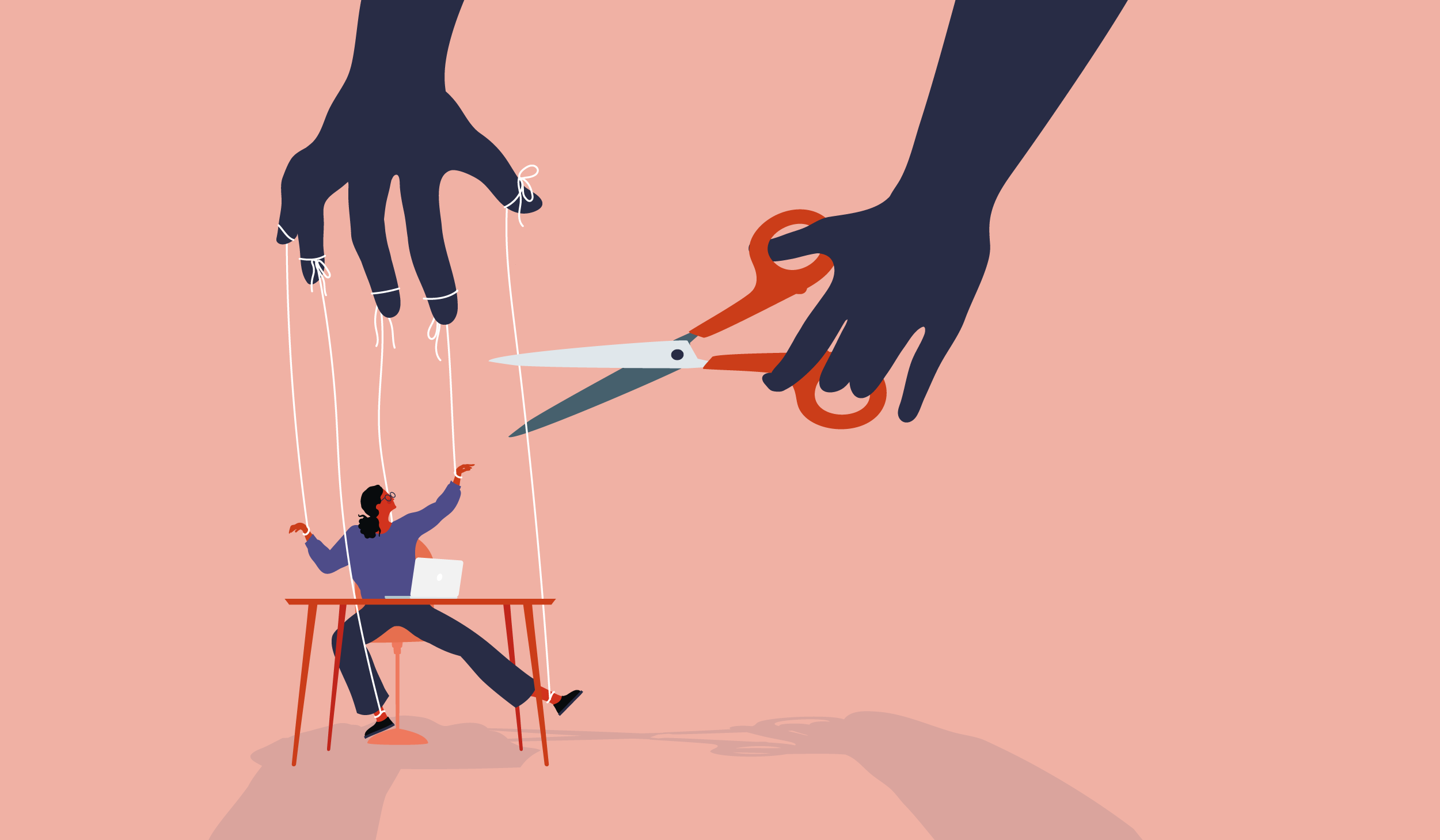
We are all guilty of this in one way or another. As soon as we don’t enjoy something, we put it on the back burner and before we know it, it has been weeks or even months. The fact about procrastination is that it allows us to be mediocre at performing for ourselves. There are two important events that happen when we procrastinate: One, it affects our self-confidence and our self-esteem, pushing us towards a negative mindset. Two, the power of self-control is lost and it makes us better procrastinators in the future. Like all practices, our brain forms it into a habit. When we procrastinate we put off important tasks to make way for less important tasks. For example, instead of going to gym, we sit down to watch an episode of Game of Thrones. John Snow isn’t going to help you lose those extra kilos. We would all be high achievers if we didn’t procrastinate. The world would be a better place!
First we need to understand why we procrastinate and why we have such
behaviour despite knowing we have an important task for us to complete.
Each of us has a lazy person within. Sometimes we simply don’t feel
like doing what we should be doing. Often we know what to do and what
will make us feel better yet we just cannot seem to convert thought into
action. Laziness not only gets us no action but it also has an
important psychological effect. Sometimes we convince ourselves not to
do something because we are tired or have had a ‘long day’ and we think
we deserve a wine and lazing on the couch. Next, we avoid it another day
because we received a dinner invite (and we tell ourselves that they
don’t happen often) and we choose to do that instead. Slowly we spend
more energy convincing ourselves out of what we intended to do, than the
time needed to actually do the task. Procrastination and laziness then
converts to becoming a habit. Like any habit, we get very good at it and
before we know it, the task isn’t even on our agenda. Laziness is
generally directly related to the interest we have in completing the
task. Sometimes we set ourselves big targets and over time our interest
fades, diminishing our interest in the task. It isn’t that we need to
stop being lazy, it’s more about recognising our purpose in completing
the designated task. In other words, if we got better at understanding
our motivation to complete the task, we would have a better chance of
succeeding.
Substituting one bad action with a good action makes a crucial shift
in one’s mentality. The shift that is required to change the habit.
Procrastination is the single most differentiator between failure and
success. The vision of the long term goal is lost if procrastination
sets in. We go from not negotiable, to not doing it just this once; to 3
days a week, to occasionally and to never. Procrastination is something
that can be overcome by simple discipline and a clear strategy on how
we’re going to achieve it. Everyone is different, so we need to work out
what our weaknesses are and pile up the odds in our favour to succeed.
For example, if your weakness is waking up in the morning and hitting
the snooze button, work out a strategy to combat this habit like placing
the alarm a walk away from your bed or using an app like Sleep Cycle
that monitors your sleep and wakes you just at the right time of your
sleep cycle (this is thanks to Iain – a colleague I work with). If your
weakness is trying to get to gym, start with just a 10 min workout and
build on it. Whatever your weakness, give yourself the best chance to
succeed by having small realistic goals. The book Miracle Morning by Hal
Elrod, talks about a 30 day strategy to help us emerge with a new
habit. He describes the first 10 days as the honeymoon period; where you
enjoy doing the new task (like the first 10 days of a new year – “New
Year new me”). The next 10 are the most painful; where it is the hardest
to keep motivated because you haven’t seen any results and it feels
like you will die if you go one more day, and the last 10 where it’s the
road to victory and you actually start enjoying the habit. His strategy
is simple and aims to give the reader a clear path to changing their
mentality to overcome procrastination. What I like about Hal’s idea is
that it sets realistic expectations of how one might feel through each
stage of the habit change process. He recognises that you feel like
death exactly half way through. This particularly helps when you’re
about to procrastinate, you check yourself and say to yourself – “Hal
said this would happen”.
If in your mind you want to overcome a certain procrastination and
make it into a habit, you need to make that task non-negotiable. I
personally take about a week or so before I’m about to change something
in my life to shift my mentality to build up to a task. I simply prepare
myself for what is about to come. I write it on a wall or a fridge with
a start date to know when it’s coming or a meeting reminder that will
remind me 7 days in advance (which I keep silencing every day). I find
that this helps me change my thinking from, “god, this is going to be
hard”, to “I can do this”. I live and breathe of what’s about to come
and give it zero chance to consume my motivation. Once you’ve made
mental peace with your future, you will find that 80% of it is already
done.
When it comes to the day of the change of major habit, I draw 30
boxes on my mirror (or A4 page stuck on a fridge). This is a crucial
part of the change. Change needs to come with a reward (and it can’t be
McDonalds after a gym session), it needs to be something physical and
something that gives you the sense of accomplishment. A sense of pride
that urges you a step closer to the next goal. I find this in crossing
each box at the end of the day upon completing the task. It becomes a
ritual once the task is completed for the day. Those 30 boxes become a
way of proving to yourself that you are not a procrastinator, you’re
someone that rises each morning with a purpose.
With the number of distractions in today’s world, procrastination is
stopping our society achieving great results together. Stopping our
creative mind from being at work creating great things, distracting our
attention from the next idea. So next time you decide to scroll on
social media, turn on the TV, or go on news websites, think about what
productive task you could replace it with.






